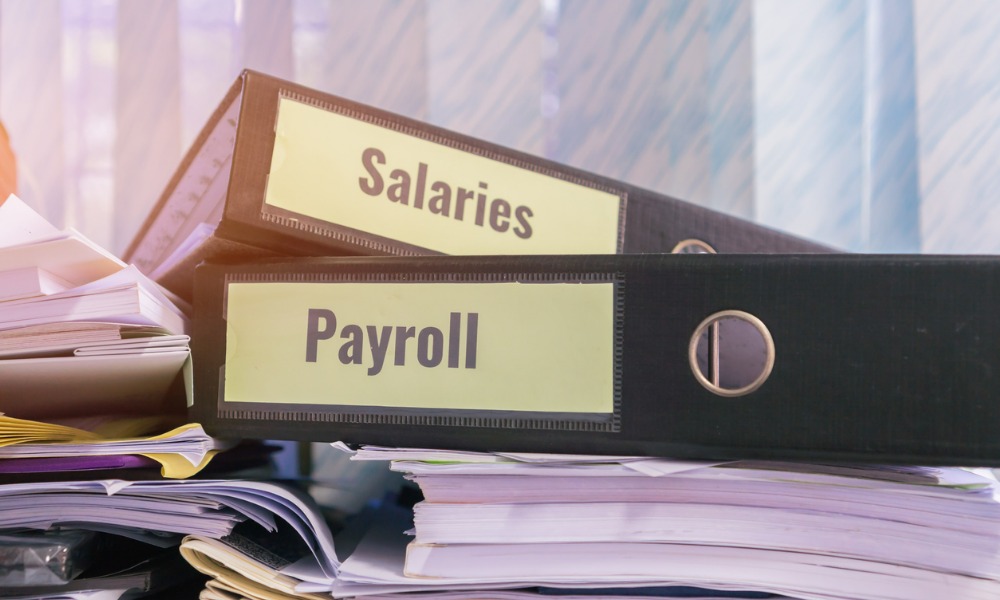
Updated framework will incentivise employers to quickly disclose, rectify unpaid super cases

The Australian government has unveiled the updated framework for the Superannuation Guarantee (SG) charge ahead of its payday super implementation in July 2026.
The SG charge comes when employers fail to pay contributions in full and on time. And in a new fact sheet released by the Australian Treasury, the reforms to the SG charge framework will:
The government is also giving employers seven days after the payday due date to pay for their employees' super, an extension from the initially proposed three days.
"Businesses will become liable for the updated superannuation guarantee charge if super contributions are not received by their employees' superannuation fund within seven days of payday," Treasurer Jim Chalmers said in a media release.
"This allows time for payment processing to occur, as well as for swift action to be taken against those employers that are not meeting their obligations."
These changes will strengthen the country's superannuation system and deliver a "more dignified retirement" to Australian workers, according to the treasurer.
The Australian Chamber of Commerce and Industry (ACCI) has welcomed the extended due date for employers to pay for super.
"The due date of seven calendar days after payday for contributions to arrive in the employee's superannuation fund is a welcome compromise, with the government initially suggesting a three-day requirement," said ACCI chief executive officer Andrew McKellar in a statement.
"Digitalisation of the payroll system has made it easier for businesses to better align their payroll and superannuation payments, so these changes will be more workable than they otherwise may have been."
However, McKellar further called for support for small businesses so they can comply with the upcoming obligations.
"As the government pushes ahead on their self-imposed deadline of 1 July 2026, it must work to better inform small businesses, so they have the support in place to comply with their increasing obligations," he said.
The details on the government's reforms were released ahead of the government's mandate to make employers pay for their employees' super on payday in July 2026.
It comes after a recent analysis by the Super Members Council found that Australians are missing out on $41.6 billion in unpaid super over the past nine years.
In the 2021-22 financial year alone, 2.8 million workers had been deprived of their legal superannuation entitlements worth $5.1 billion.
Chalmers said their payday super plan is expected to benefit those in lower paid, casual, and insecure work.
"This simple change will strengthen Australia's superannuation system and help deliver a more dignified retirement to more Australian workers," he previously said.